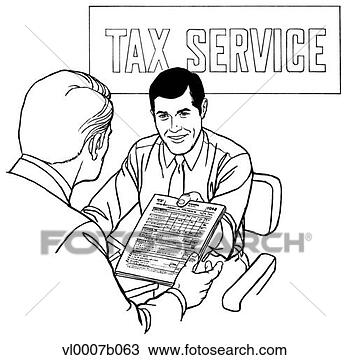The main question being asked today is,
Does Gridlock Matter? Gridlock is the inability of the government to act because rival parties control different parts of the government. The Constitution ensures that the President and Congress will be rivals for power and thus rivals in policy making. This would be and example of what the checks and balances is all about.
Divided Governments:
- When you have a divided government its not easy to tell weather they produce fewer or worse policies than unified ones.
- Divided governments pass important laws, conduct important investigations, and ratify significant treaties.
When different parties control the White House and Congress as when the same party controls both branches. Ex. The divided governments produced:
 The 1946 Marshall Plan - Rebuilt war- Torn Europe
The 1946 Marshall Plan - Rebuilt war- Torn Europe- The 1986 Tax Reform Act
Just because the Republicans control both the presidency and Congress doesn't mean that the Republican President and the Republican senators and representatives will see things the same way.
If you think the president
"Will lead the country":
- Change the Constitution to resemble Parliamentary
- Vote into office members of Congress who agree with the President on policy issues.
Americans who hate gridlock but want more leadership aren't ready to make the Constitutional changes.
*Typical Presidential Election:
- 1/4 of all voters will vote for one party's candidate for president
- Other party's candidate is Congress.
Gridlock is known to be the opposite of Direct Democarcy but is necessary to the system of representative democracy.
* I think policy gridlock is bad because the government has little to no control over how the government is working due to the rival parties controlling all of the different parts.


